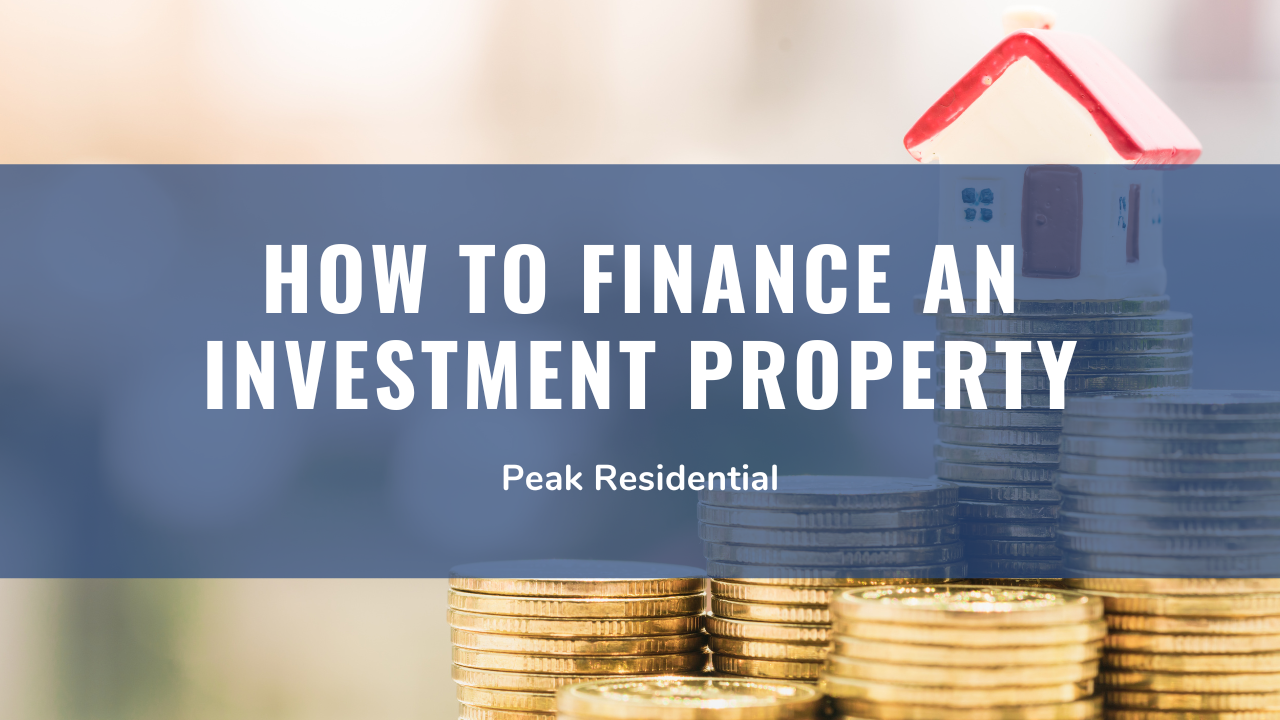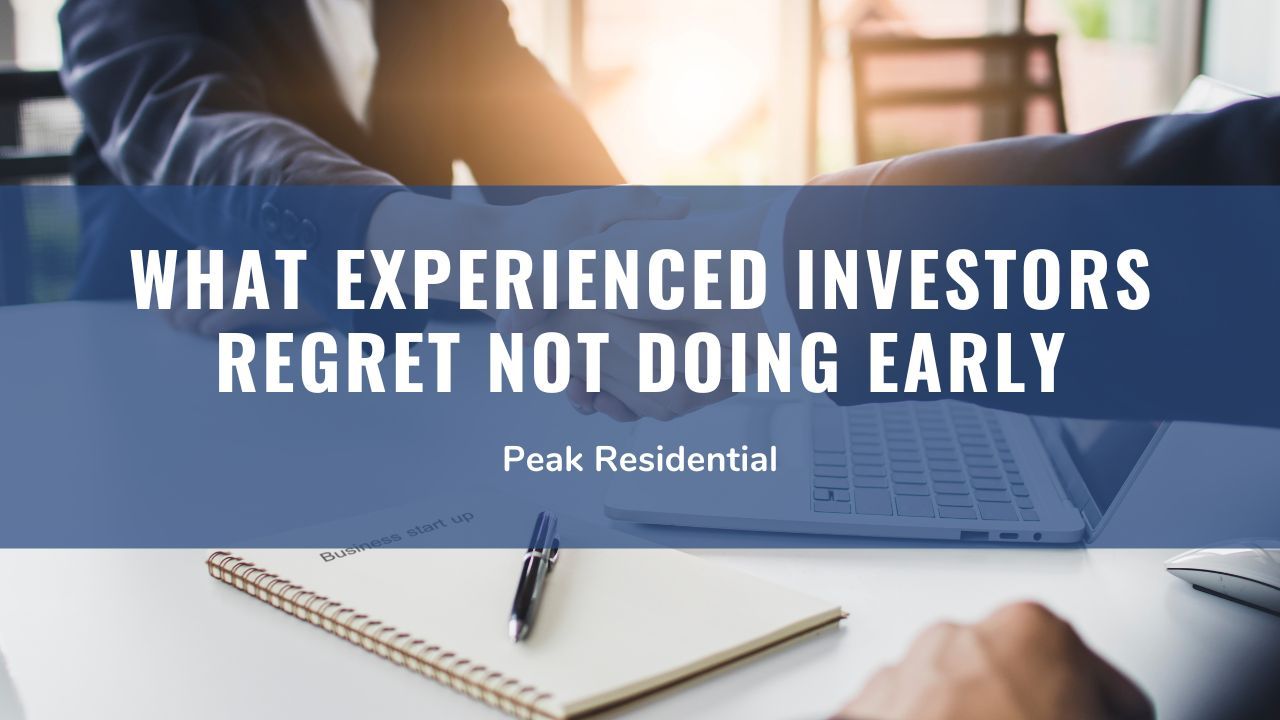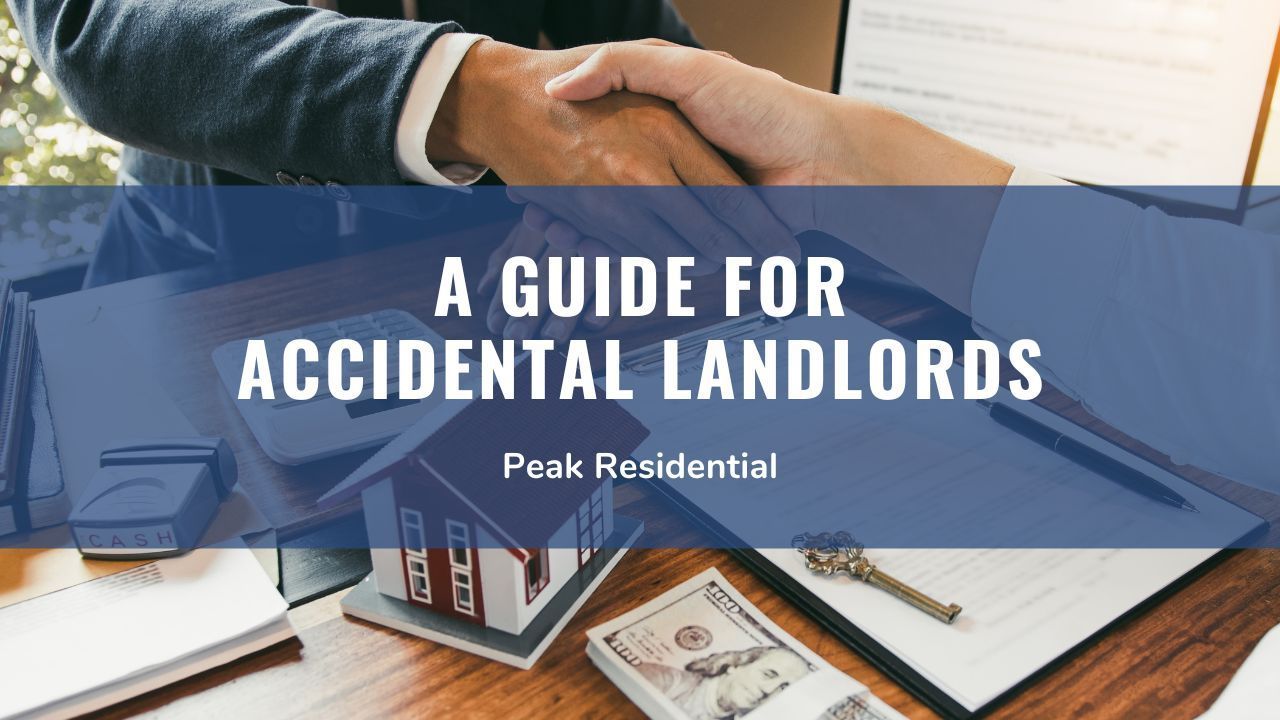
The process of choosing the perfect property takes time and effort. Once you find the optimal investment opportunity, the next step is figuring out how to fund it. Being financially prepared is ideal, but most people can’t pay cash for a property. That’s why knowing your financing options is crucial to protecting your investment and your success as an investor.
The team at Peak Residential has put together this article to help you make your next real estate investment a lucrative one!
Tips for Funding Your Real Estate Purchase
Prepare a Down Payment
Set aside a sizable sum as a down payment for your upcoming real estate transaction. Your required down payment may vary depending on several factors, such as the type of loan you are looking for, your credit score, and your income.
Lenders usually require a higher down payment as insurance against potential losses. Putting in a large amount as a down payment gives you a higher chance of qualifying for a loan with a lower interest rate.
When investing in real estate, it is strongly encouraged that you set aside 20 to 25 percent of the purchase price as your initial payment. A substantial down payment gives banks and traditional lenders confidence that you’re an intelligent investor.

Rental properties have a higher likelihood of financial instability than some other investments. Asking for a smaller loan
assures lenders that your rental income will cover monthly loan payments.
Improve Your Borrowing Capacity
Some lenders may want you to have emergency funds in the bank as a safety net to cover unexpected expenses or mortgage payments when your rental is unoccupied. Having financial reserves helps reassure lenders that you are financially prepared and capable of handling the responsibilities that come with having a loan.
Apply for a Conventional Mortgage
If you need financial assistance to acquire the property you’ve had your eye on, you can check with private lenders in your area and learn about their mortgage requirements.
Your options include local banks, mortgage companies, and credit unions.
Because every lender's requirements vary, it is wise to compare offers before choosing one. Additionally, we recommend getting
pre-approved for a loan.
If you get declined for a pre-approval request, ask questions, and look into the credit report used by the lending institution. If there are discrepancies in your credit report, have them corrected before seeking pre-approval from a different lender.
Ask for Owner Financing
Lenders have learned their lesson and tightened their credit approval procedures because of the global financial crisis. If the credit standards have become too strict for you, you can ask a seller to provide financing and refinancing options.

Negotiate the terms of the arrangement and ensure all parties are protected. You can have the agreement documented on a promissory note and deed of trust. Get a trusted real estate attorney to draft the agreement so everyone understands their rights and responsibilities.
Just like any other legal transaction, there are risks and factors to consider when investing in a property. To avoid non-payment, be sure that you understand the terms and can afford the monthly payments. When you fail to pay, the seller has the right to foreclose on the property, so evaluate your financial capacity before entering into this kind of legal agreement.
Tap Your Home Equity
Another option to fund your investment is obtaining a home equity loan or line of credit. Keep reading to learn more about these options.
Home Equity Loan
A home equity loan allows you to use the equity of your primary home or any other existing property as collateral. The equity in your property is the difference between the market value and the outstanding debt on your mortgage. When you obtain a home equity loan, you will receive the funds as a lump sum and repay the loan in fixed monthly installments over a specified period.
Home Equity Line of Credit (HELOC)
A home equity line of credit or HELOC is similar to a home equity loan in that equity can serve as collateral. The difference is that HELOC is a revolving line of credit, much like a credit card.

You will not receive the funds in a single disbursement but rather be assigned a credit limit from which you can draw at any time. HELOCs usually have flexible interest rates. Because HELOC repayment terms may vary, always seek legal advice before opting for one.
Bottom Line
All types of investments come with risks. If you intend to purchase an investment property, whether single-family or multi-family, be sure you are financially prepared. Even though the process of acquiring an investment property can be taxing, a real estate investment is still an excellent way to generate monthly income through rental property business.
If you need assistance maximizing your income and managing your real estate investments, contact Peak Residential today!
















